Age-Related Macular Degeneration: Prevention and Management Strategies
Share
What Is Age-Related Macular Degeneration?
Age-related macular degeneration (AMD) is a condition that affects the central part of the retina, known as the macula. This area helps you see fine details clearly. Over time, AMD can cause blurry vision and even lead to vision loss.
There are two main types of AMD:
• Dry AMD: The more common form, where the macula thins over time.
• Wet AMD: Less common but more severe, caused by abnormal blood vessels leaking into the retina.
While AMD cannot be completely cured, early detection and lifestyle changes can help slow its progression.
Symptoms of AMD
• Blurry or distorted central vision
• Trouble reading or recognizing faces
• Dark or blank spots in your vision
• Increased sensitivity to light
• Colors appearing faded
If you experience any of these symptoms, schedule an eye exam as soon as possible. Early detection allows for better treatment options.
Risk Factors for AMD
Several factors increase the risk of developing AMD, including:
• Aging – People over 50 are at higher risk.
• Genetics – A family history of AMD can increase the likelihood of developing it.
• Smoking – Smoking doubles the risk of AMD.
• High Blood Pressure – Poor circulation can affect eye health.
• Poor Diet – A diet lacking essential nutrients can contribute to eye damage.
Managing these risk factors can help lower your chances of developing AMD.
Natural Remedies to Support Eye Health
Although AMD cannot be reversed, certain natural remedies may help slow its progression and support overall eye health:
1. Eat an Eye-Healthy Diet
Foods rich in antioxidants, lutein, and zeaxanthin help protect the macula. Include these foods in your diet:
✔ Leafy greens (spinach, kale)
✔ Carrots and sweet potatoes
✔ Fatty fish (salmon, tuna)
✔ Nuts and seeds (almonds, flaxseeds)
✔ Citrus fruits (oranges, lemons)
2. Take Omega-3 Supplements
Omega-3 fatty acids reduce inflammation and improve eye function. If you don’t eat enough fish, consider taking a high-quality supplement.
3. Wear Sunglasses
UV rays can damage the retina over time. Protect your eyes by wearing sunglasses that block 100% of UVA and UVB rays.
4. Exercise Regularly
Staying active improves circulation, which benefits eye health. Aim for at least 30 minutes of physical activity per day.
5. Manage Blood Pressure
High blood pressure can damage the blood vessels in your eyes. Maintaining a healthy lifestyle and reducing sodium intake can help.
Medical Treatment for AMD
If AMD progresses, medical treatment may be necessary. Options include:
1. Prescription Eye Vitamins
Doctors often recommend AREDS2 supplements, which contain vitamins and minerals known to slow AMD progression.
2. Anti-VEGF Injections
For wet AMD, doctors may use injections to stop abnormal blood vessels from leaking into the retina.
3. Laser Therapy
Certain laser treatments help destroy abnormal blood vessels and prevent further vision loss.
4. Low Vision Aids
Magnifying lenses, special glasses, and electronic devices can help people with AMD see more clearly.
Simple Habits to Protect Your Vision
✔ Get regular eye exams to detect AMD early.
✔ Avoid smoking and limit alcohol consumption.
✔ Eat a diet rich in eye-boosting nutrients.
✔ Wear blue light glasses if you spend long hours on screens.
✔ Try natural remedies to support eye health.
Final Thoughts
Age-related macular degeneration is a leading cause of vision loss, but early action can help slow its effects. By following a healthy lifestyle, using natural remedies, and seeking professional treatment whenever needed, you can take control of your eye health and protect your vision for years to come.
